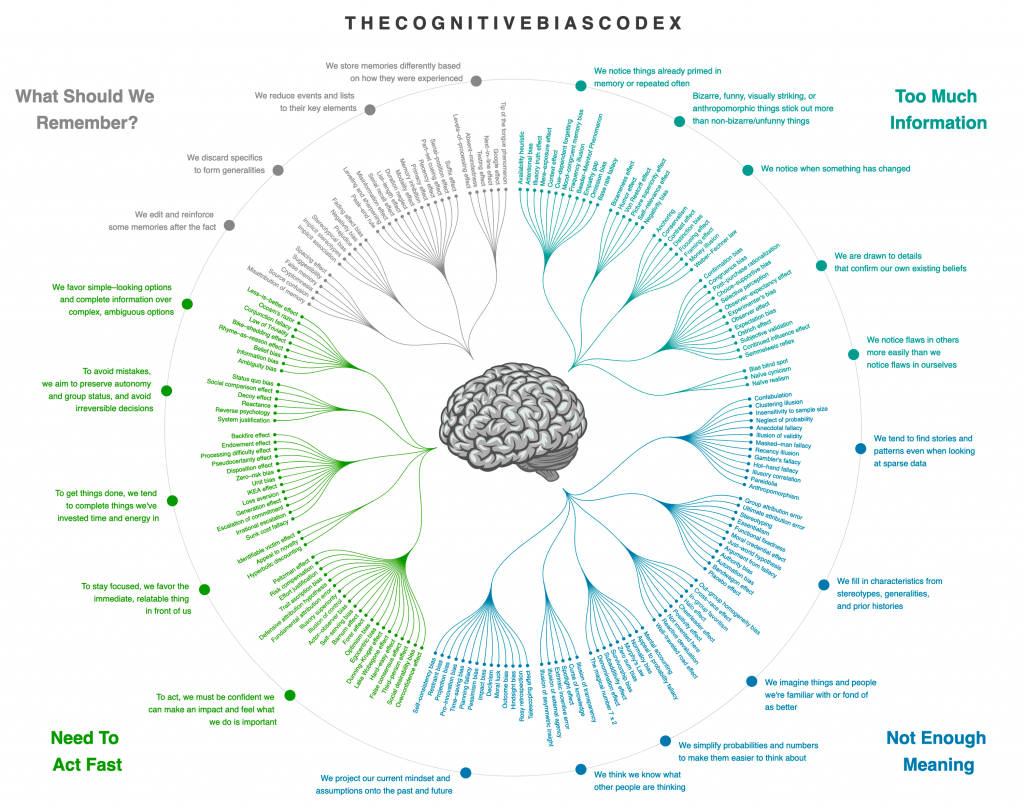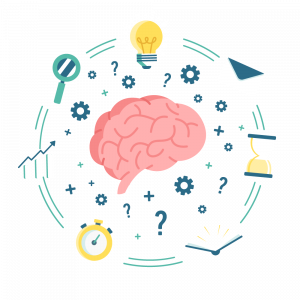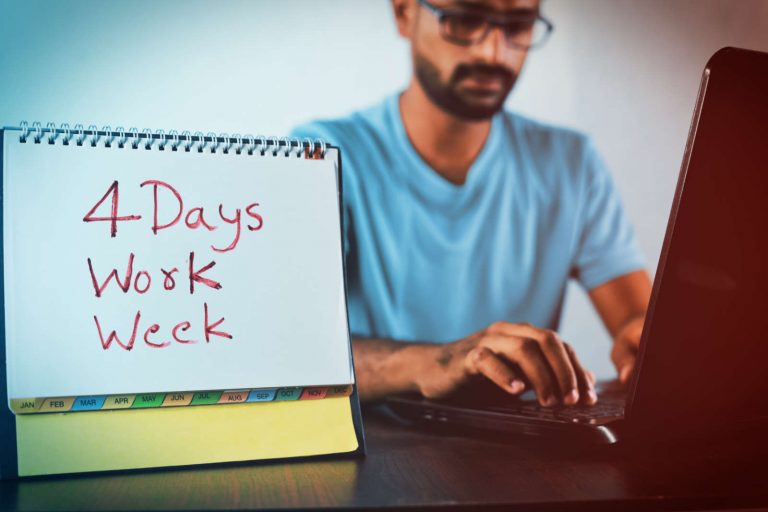Today’s topic is about Multitasking
Have you ever experienced a mad day, where you’ve been exceptionally busy, managing tasks, talking to colleagues, sitting on conference calls, filling in spreadsheets and so on, to go home in the evening, feeling exhausted and then look back and think: “What have I actually done today?” And then genuinely struggle to remember? Maybe it was a day when you ‘kept the plates spinning’ by multitasking?
I hear many people say: “I’m multitasking”, or “I’m good at multitasking”, in the belief that they are genuinely conducting multiple activities in parallel.

Well, guess what, that’s rubbish! You can’t multitask!
If you don’t believe me try this:
- Put on some music with lyrics that you have not listened to before.
- Pick up a book or find an article on a website.
- Listen to the music and write down every 5th or 6th word of the lyrics for the entire song and at the same time read the book/website article.
How was it?
- Could you read and absorb the article?
- How was the lyrics of the song?
- What was the song about?
- What was the article about?
As humans our brains cannot multitask!
In fact what happens is that our brain switches from one task to the other, albeit in very quick time. We’re able as humans to switch from one task to another and to keep going backwards and forwards if necessary. Additionally, there is evidence to prove that, on average, women are faster at this than men. Hence the old adage, and one my partner reminds me of, that men can’t multitask.
So isn’t that OK then to be able to constantly switch?
Short answer, no!
The first reason is that every time you switch from one task to another your brain uses energy in the form of oxygenated glucose and it requires lots of it the more you switch tasks than to stay on one task. This is a ‘cognitive cost’ and one that makes you feel exhausted and overwhelmed rapidly.

Above image: John Manoogian III categories and descriptions: Buster Bensonimplementation: TilmannR -This file was derived from: The Cognitive Bias Codex – 180+ biases, designed by John Manoogian III (jm3).png: , CC BY-SA 4.0.
The second reason is that our brain has what’s known as a novelty bias. In other words, it likes new information. New information is a novelty. Every time we feed our brain with something novel it rewards us with a hit of dopamine. In a similar way to smoking marijuana (according to research!) and Multitasking creates a dopamine addiction.
Have you ever been chatting to a friend or colleague and been very tempted to divert your attention when you hear an SMS or WhatsApp message alert sound? Yes, you’re addicted!

There are several more problems with multitasking too, especially for those people that are studying or concentrating and need to store and memorise the information that is being given. I’ll save that though and point you towards an excellent article written here: https://www.theguardian.com/science/2015/jan/18/modern-world-bad-for-brain-daniel-j-levitin-organized-mind-information-overload
As we work from home where the distraction possibilities are high, be conscious of staying on one task.
If you’re on a call and think I’ll have a quick look at the BBC website to catch up on the news at the same time, one of them is going to take a back seat. You can’t do both.
So, drop the habit of trying to do multiple things at the same time. If you are on a conference call, minimise any web pages, switch your mobile phone on silent, sit back, close your eyes and get 100% engaged on the conference. Resist the temptation to be distracted by anything!
Do one task at a time, stay focussed, don’t be distracted and enjoy feeling sharper, more satisfied and being more efficient.




